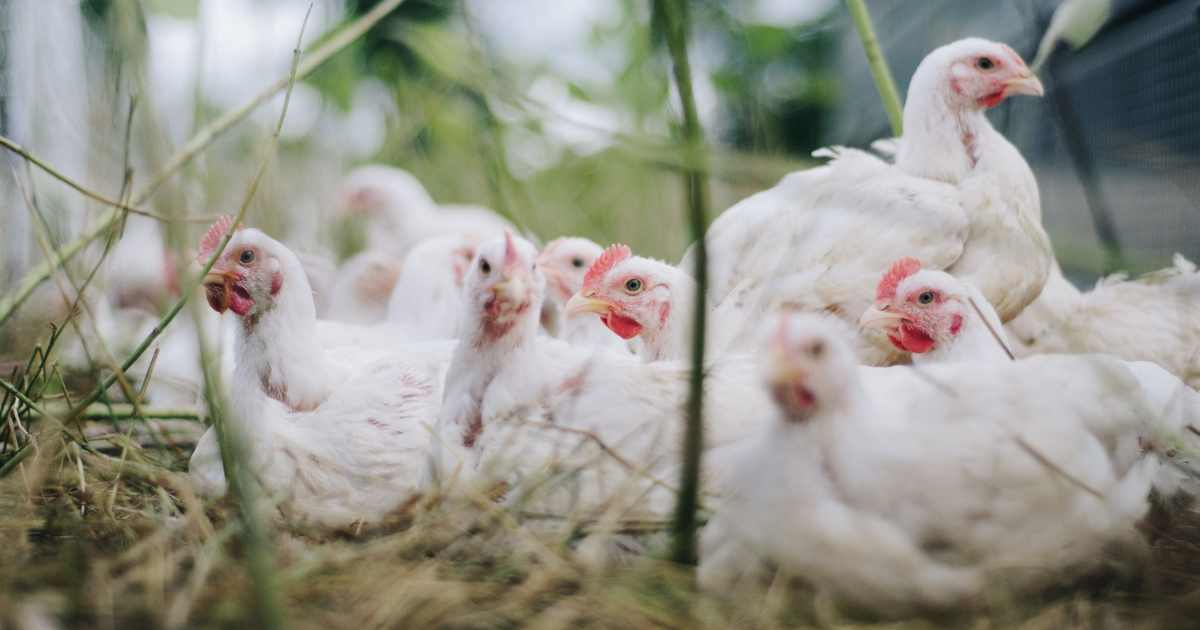The South African poultry industry is one filled with challenges. In the past few years, it has been swaying between bouts of hope and valleys of loss. From infrastructure to disease, the risks that have impacted this important industry have been numerous.
Challenges for the Poultry Industry
Disease
One of the biggest risks that poultry farmers face is disease outbreaks, in particular highly pathogenic avian influenza (HPAI). Between 2017 and 2021, the industry lost R 9,5 billion to continuous outbreaks.
Most recently, South Africa has been importing its chicken to fill the market demand, but even this market is experiencing the impact of bird flu.
Currently, farmers’ only hope is to practice strict biosecurity, but due to the role that wild birds play in the spread of this disease, even that is not enough. When there is an outbreak, sick birds need to be reported to the national veterinarian and destroyed immediately to prevent further spread, and farms need to be decontaminated. This leads to gigantic losses because farmers are not compensated for culling their entire stock.
Infrastructure Challenges
Infrastructure issues that farmers experience include failing, ageing municipal infrastructure, exacerbated by power supply issues. In 2023, 10 million chickens were culled in South Africa due to power outages. This is because an unpredictable power supply means that refrigeration across the value chain cannot operate, as well as other vital abattoir equipment.
Although the electricity supply in South Africa has improved, the long-lasting effects of infamous loadshedding remain.
Rising Feed and Electricity Costs
Raising chickens means feeding chickens. Feed costs are a large percentage of the total costs of raising chickens, approximately 65 to 75% of the total cost. Savvy farmers find feed ingredients, such as maize and soybeans, at lower prices or attempt to grow their own. But this, as well, has cost and space implications.
Additionally, the cost of electricity to keep ventilation and temperature control in battery systems running is significant.
Light on the Horizon
Skills development and training have been indicated to be a solution to help address the challenges that the industry faces.
Skills Intervention to Address COVID-19 in the Poultry Sub-sector
The South African government has launched a Poultry Sector Master Plan, which is a framework that shows the effort to grow the output and jobs of the industry according to the five pillars that it outlines. This was devised by various industry stakeholders, poultry farmers,
processors, exporters, importers and organised labour, to ultimately create a road map that will have tangible results in the long run.
Biosecurity and Disease Management Training
Enhanced biosecurity is the first step towards combating persistent, dangerous diseases like HPAI. Farm labourers and workers in the poultry sector need updated training about biosecurity and disease management. This training will contribute to both the long-term safety of a farm as well as its success.
Establish a Cross-Cutting Focus on Green Knowledge and Environmental Sustainability
A cross-cutting focus means that there needs to be emphasis in as sector that the impact it has carries beyond the silo of that single sector. Instead, there needs to be a clear understanding of the impact outside the industry. For poultry farming, this means that individuals in the industry need to improve their green knowledge and understanding of environmental sustainability. This covers waste management, emissions, feed production, as well as the impact of a poultry farm on the biodiversity of the geographical area.
Improve the Quality of Skills Supply to the Poultry Subsector
In rural areas in particular, it is vital to improve the quality of skilled labourers who enter the poultry industry. This ensures that these individuals have a better career outlook, which directly impacts the quality of their livelihoods. Furthermore, they are also contributing to the longevity of the South African poultry market.
Upskilling workers may include improved skills for farm labourers as well as employees working in poultry processing factories.
Any type of agriculture is not without its challenges, yet those who remain in the industry and continuously strive to build the economy through farming operations do so because it is their passion. It’s the same for poultry farming, but it would be reckless not to consider the challenges attached to poultry farming before you start breeding chickens.
Crédito: Link de origem


